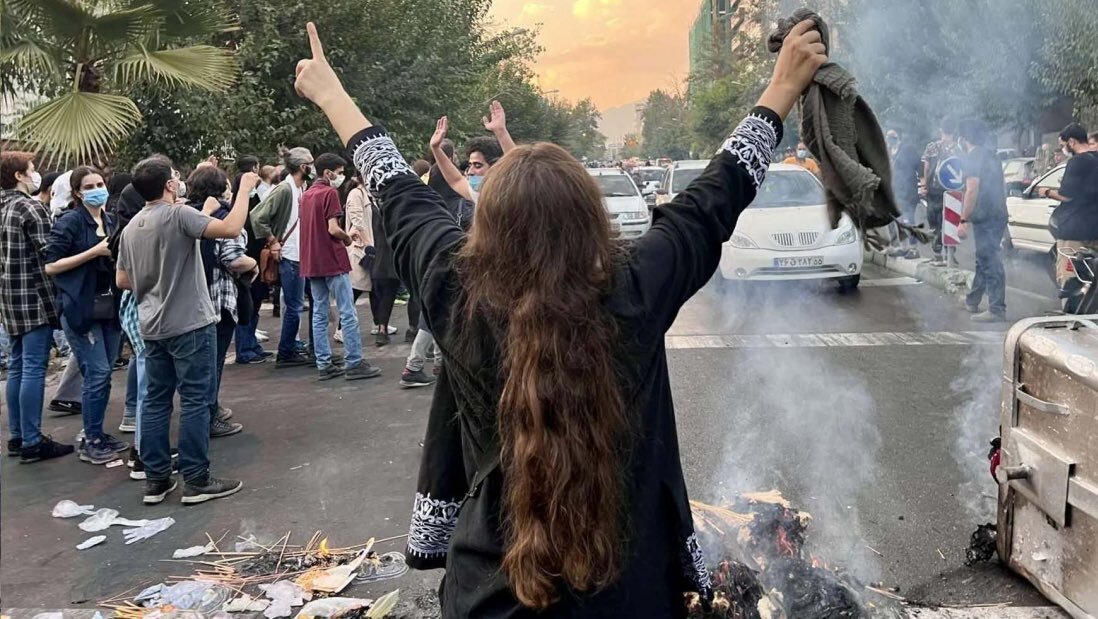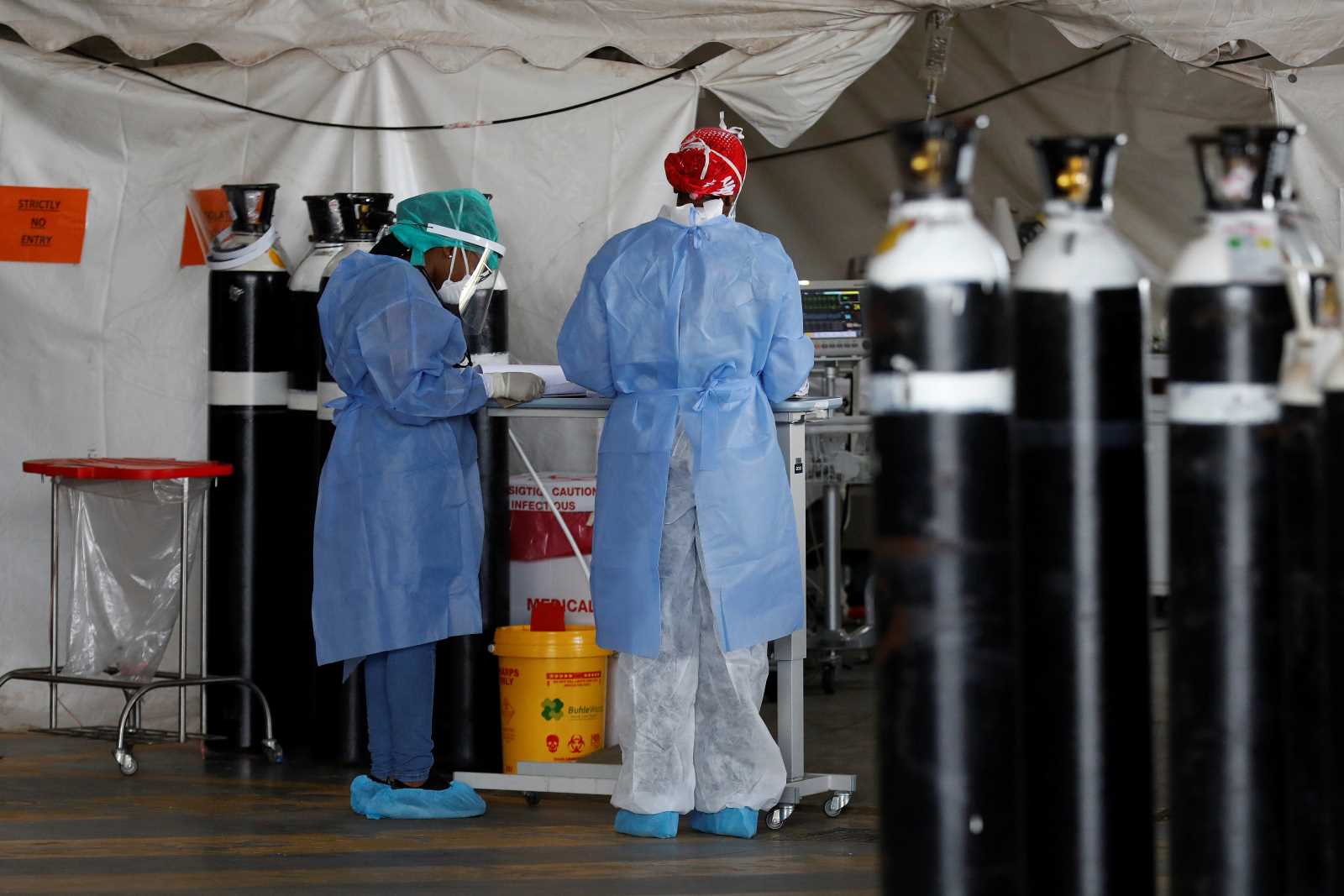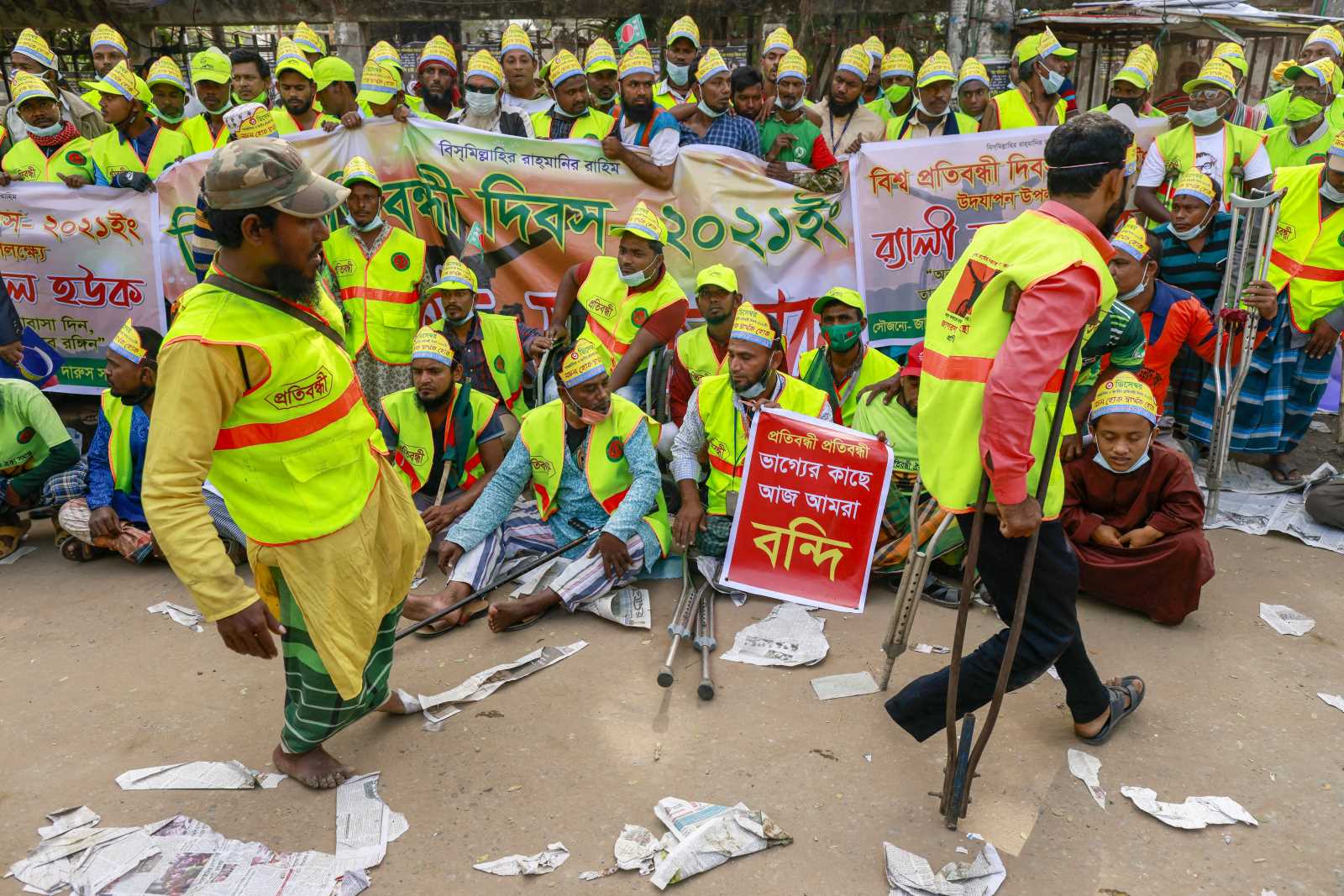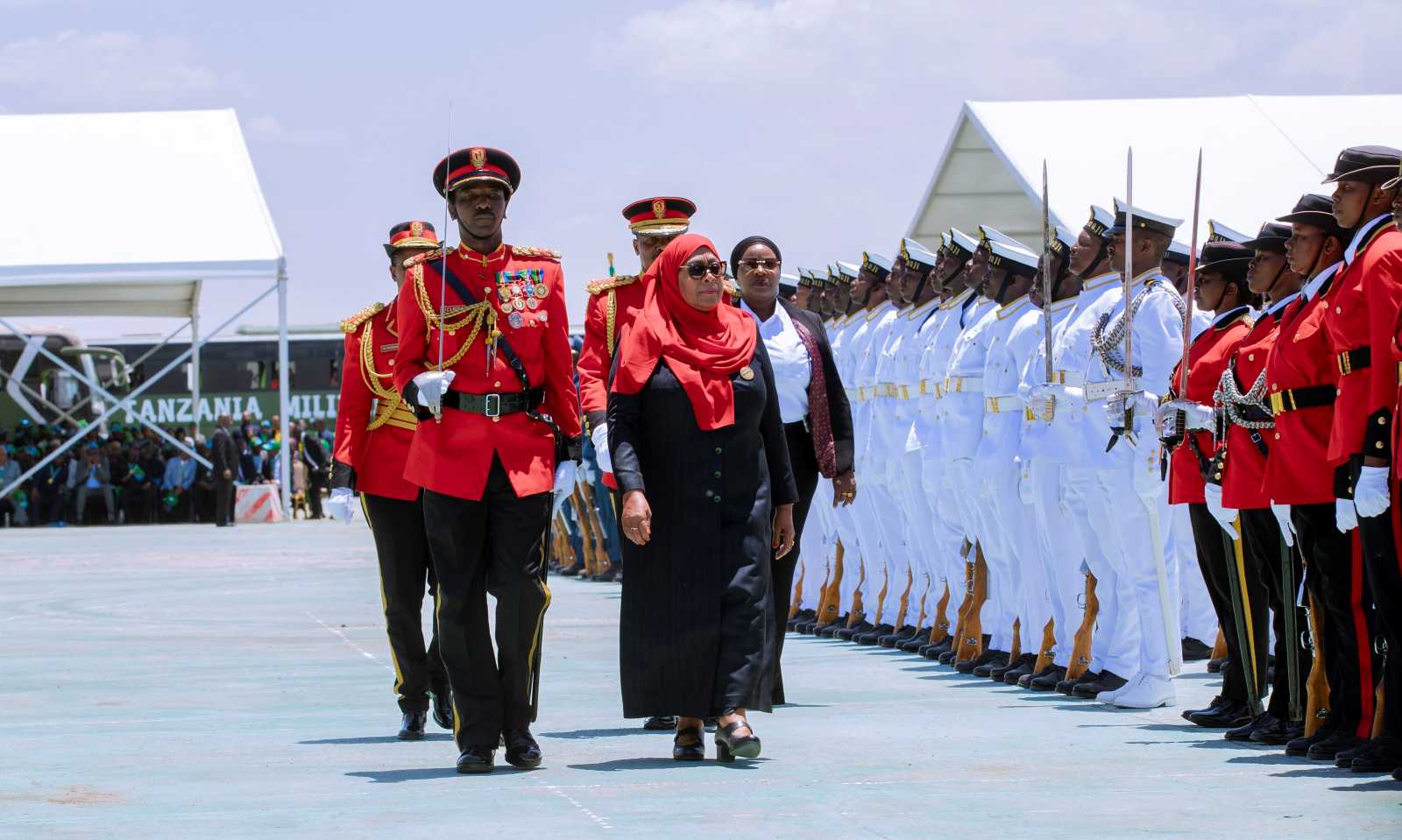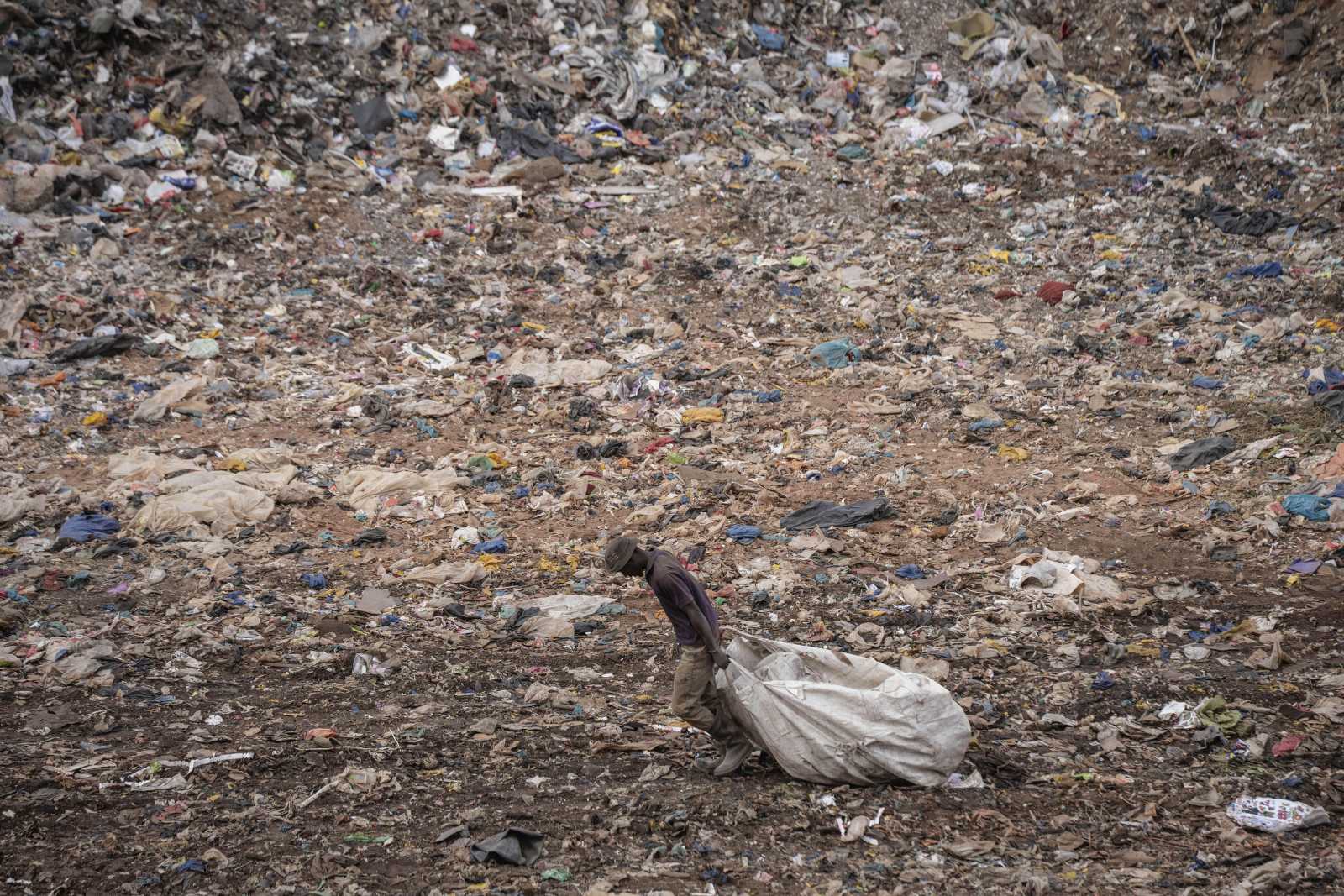Sanitation
“A supportive environment”
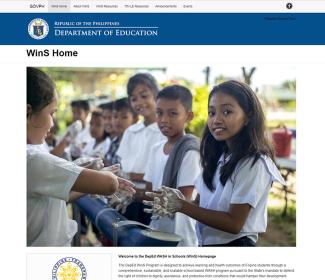
Many schools worldwide suffer from insufficient funding. Why should they focus on water sanitation and hygiene (WASH) in schools nonetheless?
Well, remember children spend most of their day in schools. So, schools have to ensure that they offer a supportive environment where children not only learn, but where their basic needs are met.
Please describe some of the milestones for WinS in the Philippines?
Basically, we had to start from scratch. Between 2007 and 2010 the government built a lot of classrooms, but was not able to build toilets for the growing number of learners. While waiting for government response, schools welcomed the initiative of parents to build basic, but fully functional in-classroom toilets that their children can use. This initiative may be acceptable for younger kids, but gender-segregated toilets are recommended once kids reach puberty.
WASH in schools is not only about infrastructure, but also about teaching children hygiene habits. What do you do?
We wanted to improve tooth-brushing habits. In a study from 2007 we found out that nine out of ten children have dental caries in the Philippines.
Second, to this day we have open defecation. We thought the least we had to do was to enable children to learn about hygiene and sanitation at school. Thus we started a programme, supported by a strong coalition of development partners like GIZ, UNICEF and Save the Children. It was called ‘Essential Health Care Program’ and focused on enabling children to practice daily group hand washing and individually at critical times, brush their teeth in school and be given deworming treatment twice a year. The hygiene activities are a drill that young children have to do while in class along with health education. Deworming is a regular programme were the Department of Health and DepEd work hand in hand.
That sounds ambitious. What challenges do you face?
The challenge we face is that the activities require hygiene supplies and water. Both are expensive. We also want to improve the cleanliness and maintenance of the toilets by holding parents, school officials and the children responsible.
How do you ensure the schools do what you tell them?
In 2015 we drafted a water and sanitation policy and implementing guidelines. It is a very good policy, and to make sure it is implemented, we introduced a monitoring tool based on the “Three Star Approach”. We use a questionnaire to survey all schools, around 75% of all schools in the country participate in the monitoring and their performance is rated with zero, one, two or three stars. This kind of assessment provides transparency and holds the school principal accountable.
What are the greatest remaining challenges?
Our target is that 100 % of schools implement measures to meet WinS indicators. We still haven’t met that target. We are also supporting actions to address menstrual hygiene and health management. Behaviour change is starting to develop but not as fast as we would like. Thus we feel it is prudent to involve the local communities rather than to just rely on action in schools. Moreover, though Philippines is a disaster prone country, we have not looked very closely into WINS in emergencies.
What are you doing?
The Philippines are very much affected by typhoons. Currently, we are preparing guidelines on “WASH in schools in emergencies”. We have disaster risk reduction policies in place, like earthquake drills in schools. But it is not clear what WinS interventions should be put in place after a disaster. In emergencies, schools are used as evacuation centres. Therefore, it is important to restart water services as fast as possible and to repair toilets. For children, it is important after a disaster to go back to school as part of a normal life.
Ella Naliponguit is a director at the Department of Education in the Philippines and has spent the last 12 years working to improve water, sanitation and hygiene in schools (WinS).
ella.naliponguit@deped.gov.ph
WinS (WASH in Schools):
https://wins.deped.gov.ph
Ella Naliponguit is a director at the Department of Education in the Philippines and has spent the last 12 years working to improve water, sanitation and hygiene in schools (WinS).
ella.naliponguit@deped.gov.ph
WinS (WASH in Schools):
https://wins.deped.gov.ph
